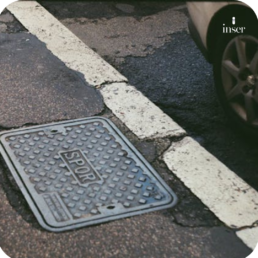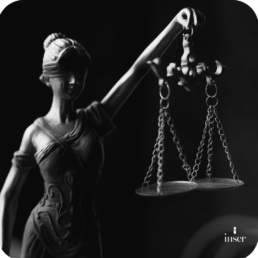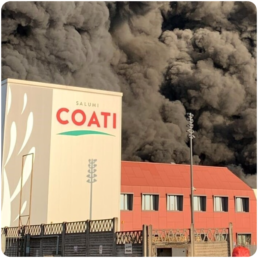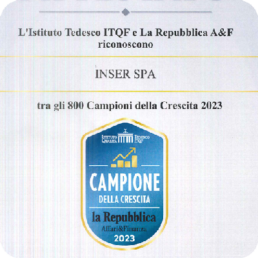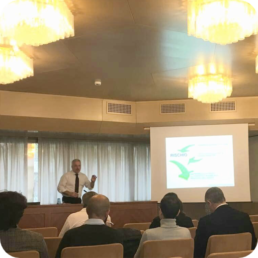The public body is also subject to the obligation not to cause intolerable immissions

The caseDuring the summer period, the municipality organised cultural events in the square, which lasted until late at night.
Some residents sued the municipality to ascertain the intolerable immissions and, consequently, to obtain an order to pay damages.On the contrary, the Municipality considered that:- the CTU referred, for the measurements, to the 1997 Prime Minister's Decree relating to production activities and not to cultural events;- the municipal regulations in 2004 allow, in the case of events and open-air shows, a limit of up to 70 decibels;- the public interest in the performance of shows cannot entail the sacrifice of the private individual's right, beyond the limit of tolerability.Instead, the Court of Cassation, in ruling no. 18676/2024, confirmed the liability of the municipality for the following reasons.Reasons for the decisionAccording to the ermines, first of all, the limits set by individual regulations, including therefore the one referred to by the municipality (and approved by it) are merely indicative, since even immissions that fall within those limits may be considered intolerable. As is well known, tolerability is, in fact, to be assessed taking into account the location, the time of day, the characteristics of the area and the habits of the inhabitants.Secondly, a public body is also subject to the obligation not to cause noisy immissions and is liable for damages resulting from the injury to the subjective rights of private persons, caused by immissions from public areas, and may consequently be ordered to pay damages, as well as the ‘doing’ necessary to reduce the said immissions to below the threshold of normal tolerability, since such claims do not concern - per se - authoritative and discretionary acts, but a material activity subject to the principle of ‘neminem laedere’ referred to above.For further elaboration:- Cassal Court, Judgment No. 18676/2024;- DPCM of 1997;- Art. 844 of the Civil Code.




























